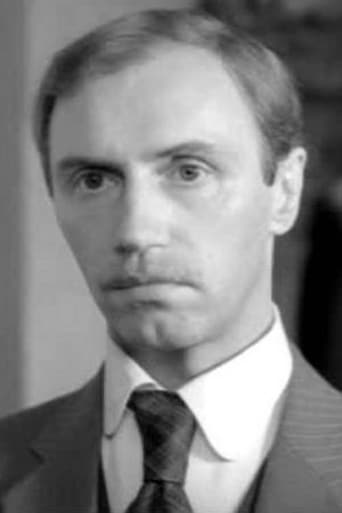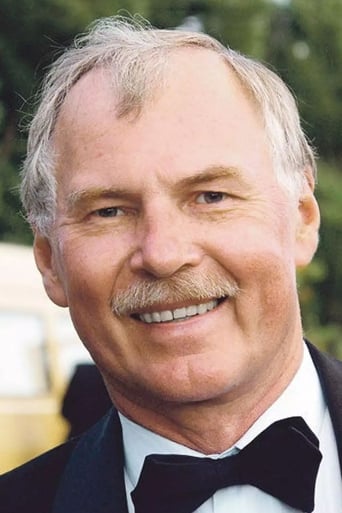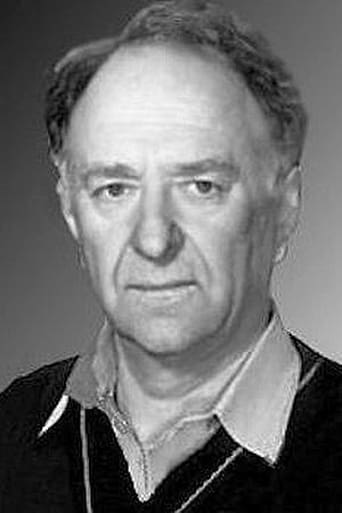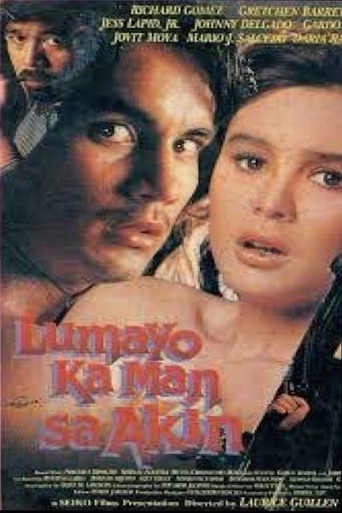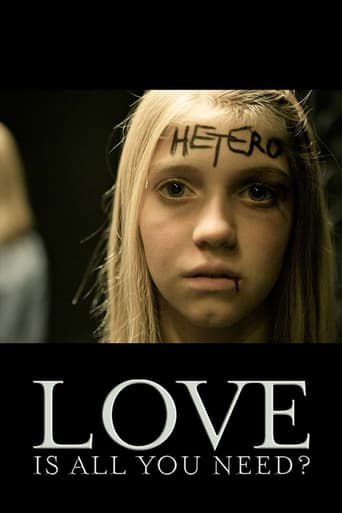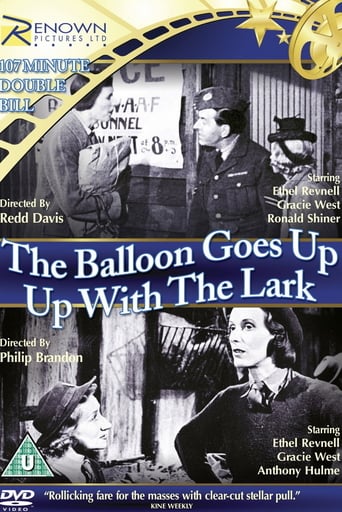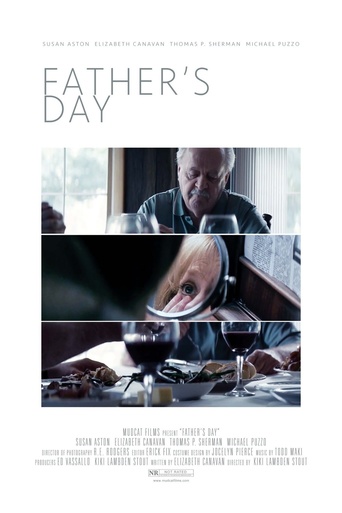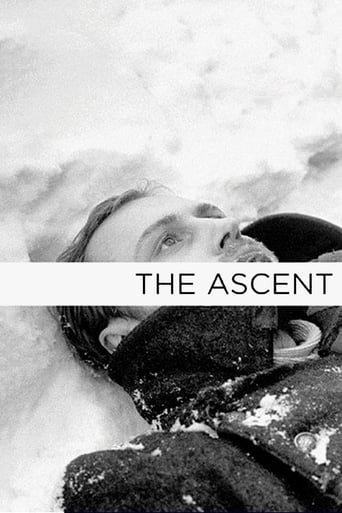
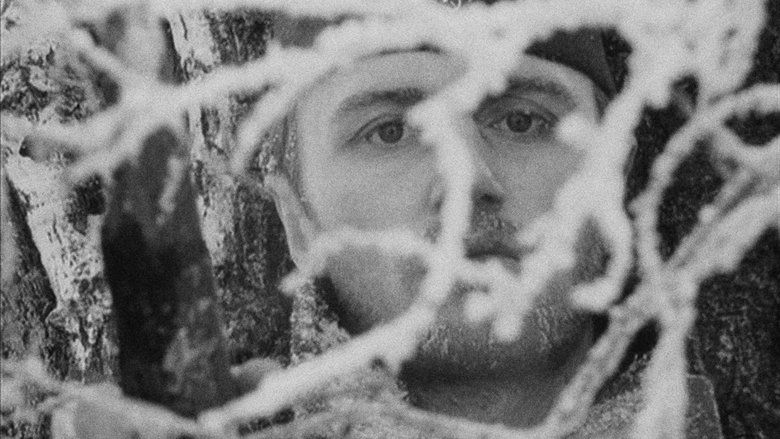
The Ascent (1977)
Two Soviet partisans leave their starving band to get supplies from a nearby farm. The Germans have reached the farm first, so the pair must go on a journey deep into occupied territory, a voyage that will also take them deep into their souls.
Watch Trailer
Cast
Similar titles
Reviews
Such a frustrating disappointment
Excellent, Without a doubt!!
Excellent but underrated film
A movie that not only functions as a solid scarefest but a razor-sharp satire.
The wintry barren white landscape is both beautiful and bleak. In a truly great director this landscape would have been masterfully used to enhance the psychological states of the characters as would the use of music & sound. Here however everything is stripped to the bare bones- story, characters, scenery, and music. The film pretends to be a profound, religious metaphysical film concerned with man's ability to overcome adversity through spiritual strength. In reality, it puts forward a theory that strips man of his (or her) capacity for great nobility. Like Nature, man is reduced into a creature whose only primal existence is survival at all costs.The clichéd story centers around the slim and blond Sotnikov who symbolizes the Christ-figure; Rybak, the dark-haired & husky common man, who represents the Judas in us all; and lastly The interrogator, the devil, or Herod in the form of a Nazi official. The characters are all shallow & one-dimensional. Jarring music meant to emphasis moments of spiritual epiphany become laughable. The simple plot is not only morally offensive, but ridiculous. 2 soldiers are captured by the Nazis. One confesses, Rybak and therefore he is the Judah; the other, Sotnikov refuses to divulge useless information and represents Christ. Wars and revolutions aren't won by people who suffer from moral arrogance, but by principled people that realize that the salvation of others is more important than telling a lie for the greater good and getting their hands dirty.The film pretends to show how man's spiritual strength can overcome both nature and fascism, while really advocating that the common man is incapable of doing so and only Christ can save man without any sacrifices made from mankind itself. This "theory" though well-circulated is blasphemous. The story of Christ is that he came to earth to suffer as a man in order to provide an example to others. This, too is the message expressed in the story of the Saints and Martyrs: Ordinary men & women who suffered in the name of faith in order to create a better, just, and equitable society on this earth. Rybak who represents the common man should be the hero, but instead the hero in the film is Sotnikov, a nearly ethereal Christ being.According to the film's premise; only an ethereal Christ can withstand torture and suffering. Common men like Rybak can only be traitors because even worse than the beasts in the field, "we" only care about our own survival" . This is a wonderful myth the ruling elite would like the working class to believe, don't even bother struggling , because it's wasteful & impossible. However, 420,000 American Soldiers and over 26 million Russians who gave their lives so we today would not be saluting, "Heil, Hilter" on the streets shows otherwise. I think that says a lot about the "common man" and of his (her) ability to be pretty darn noble. WW2 wasn't won by Sotnikov, or by people slouching off their duties by just praying to Christ. It was won by millions of Rybaks, ordinary people like me and you, which is true of all struggles on this earth from abolishing slavery and serfdom to the minimum wage.I gave my little dog a biscuit. All of a sudden a hungry gigantic lab came out of nowhere and started crying. Without a moment of hesitation, my little dog grabbed the biscuit and ran towards the lab and gave her the biscuit. I give the film 2 stars for insulting the nobility of dogs and other creatures in nature as well as man's.
Since the fall of the Soviet Union, we listened to the second world war from the United States.But Soviet Union where lost millions of people is changed the fate of the war.This is a reminding. So if you bored this 'America, hero of the the world' , this production could be good beginning for you. Now if we turn our film, this is really explain conflict between devotion and betrayal.Besides miserable conditions of peasants who had to struggle with Nazis, cold and hunger... There isn't exaggeration, unnecessary extensions.Russian films which have simplicity and the fact, the film has it. Especially poignant end of the film, description of human dignity that we lost nowadays demonstratively are drawn.
If you have a chance, see this Russian(how should I call them: gems, masterpieces,hidden treasures?), war movies like this one, or The dawns here are quiet, or Proverka na dorogah... And , right after that, watch again the American war movies, or the international productions, those one with the allies and the Germans,etc. Or, even worse, watch the Italian war movies. Everything from the west will seem shallow, contrived, ridiculous, in comparison with the Russian movies. I am sooooo stunned by the quality of the aforementioned Russian war movies that I cannot find the words to praise enough their shattering superiority over Anglo-Saxon war movies.
During World War II, two Byelorussian (Soviet Russian) soldiers try to avoid being captured by occupying Nazis, as they trudge through snowy terrain, searching for food and safety. If you happen not to like black-and-white "foreign" films, you may still enjoy "Voskhozhdeniye" (retiled in English "The Ascent"). Director Larisa Shepitko paces the film extraordinarily well, despite its being a largely introspective piece of work. Her untimely death, in a car accident, made this Ms. Shepitko's final film, unfortunately.After the opening mission is declared, there doesn't seem to be much that could happen in the snowy woods, but Shepitko and a changing setting make it unexpectedly exciting. Leading players Vladimir Gostyukhin (as the spiritually wounded "Rybak") and Boris Plotnikov (as the physically wounded 'Sotnikov") successfully avoid being crushed by the ever increasing symbolism. Their allegorical performances, under Shepitko's sharp direction, provide a memorable and thought-provoking take on a familiar story.******** Voskhozhdeniye (4/2/77) Larisa Shepitko ~ Vladimir Gostyukhin, Boris Plotnikov, Lyudmila Polyakova, Anatoli Solonitsyn
